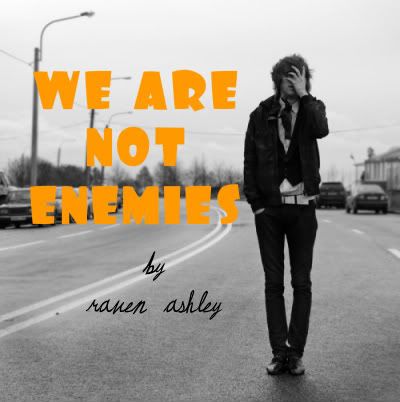Personally, when reading, I start out very weak (because beginnings aren't my strong-suit) and hopefully in the end, I come out strong. I am always envious of writers who can start off strong. It makes the story so much more enjoyable, but it also makes the places that are weak obvious.
I try to point those areas as best as I can, because you don't want an agent to request a full or a partial, start off strong, grab their attention, and then all-of-a-sudden lose it because you lost your grip on your main character/plot etc.
I read every book like I actually picked it up at Borders or something. Therefore, I start reading having high expectations, and with that attitude, I'm able to determine what I honestly think should be changed, and what I honestly think the reader should to, because that's what constructive criticism is all about it. It's about being honest, and honesty is key to a healthy relationship between you and whomever you are beta-ing for.
They should feel like they can ask you anything, and if you say that their story starts out strong, but gets weaker towards the middle, then they should be able to ask you for help, and ask you to explain your critique a little bit more.
3. YOUR MIND WILL BE BLOWN
As a writer, I know that some people go through three or four drafts before they send their baby off to betas, therefore they probably put blood, sweat and tears, into their project, and from personal experience, that is when the writing really jumps off the page.
I can't begin to explain how many times my jaw-dropped because I read a passage so amazing that it just blew my mind, or maybe the character's said something outrageously funny or the plot just took a turn that I didn't expect, and I loved it.
So, what I'm trying to tell you is this, when you're beta-reading don't just point out the things that need some worked on, point out the things you like, because writers (I should know) love to hear about what they're doing write. It helps them stay confident. It helps them believe that they can polish up their novel.
4. QUESTIONSIt's important to ask what the writer wants you to point out, in general. Often times, they have insecurities but they forget to mention to say things like: Oh, I think my main character is weak. Do you think he/she is? or Oh, I don't like the climax? Do you think it works well with the story or should fix it?Personally, I love asking questions, just so I can be able to add in additional notes when I send in my full-critique, but that might just be me. 5. GRAMMAR, PUNCTUATION, AND THINGS WE HAVE LONG SENSE FORGOTTEN ABOUT
I am horrible when it comes to pointing out tense-changes, grammatical errors, and what not. So, I make sure I mention that to whomever I'm beta-ing for just so they know that they'll need to find someone else who can focus on that area, better than I can.
It's okay to not be good in one or two aspects of beta-reading. Just let the writer know that something isn't your stronghold and they'll work out something.
Again, I am no expert on beta-reading. But that was a gist of how I beta-read. I don't know if I do a good job or a bad job, but I hope I am of some help to the writer.
Now, it's your turn. How do you beta-read?





